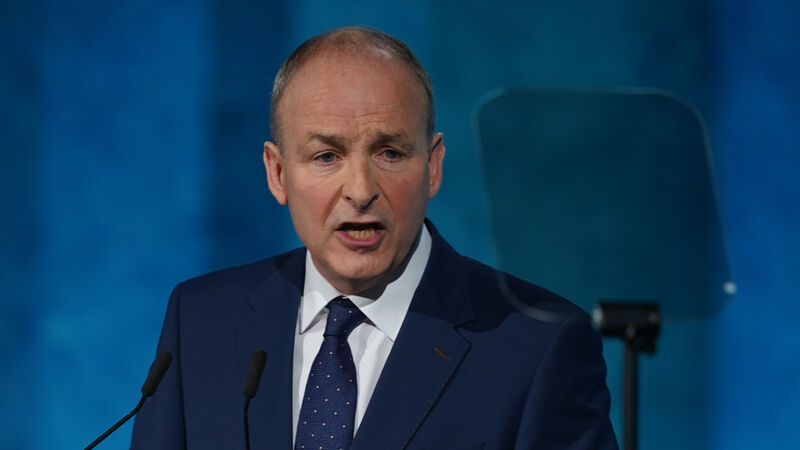Micheál Martin 'not convinced' three-day wait a major barrier to abortion access

Micheál Martin said it was 'unacceptable' that not all hospitals required to provide termination of pregnancy services are doing so. Picture: Brian Lawless/PA
Tánaiste Micheál Martin has said he is not convinced that the mandatory three-day waiting period to access abortion medication is a major barrier to termination of pregnancy.
Mr Martin said a more fundamental issue preventing access to abortion services is the fact some hospitals are still not providing the service, a situation he described as unacceptable.










